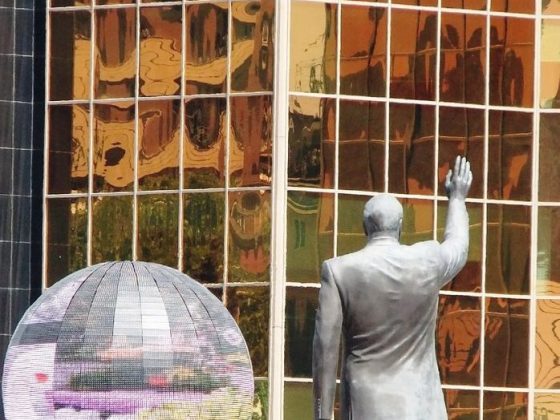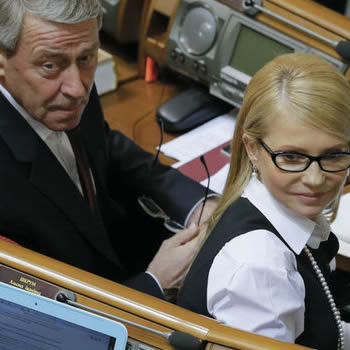(CSM) In September, Russian voters will be able to directly elect some of their representatives to the national legislature – potentially allowing reformers to gain national office. Authorities are looking to stop that.
Since she was elected to the parliament of the Russian region of Kursk five years ago, Olga Li has been a major challenge to local authorities. Among other things, she has been instrumental in bringing charges of corruption against several leading local officials. She has publicly spoken out on dwindling economic opportunities in the important industrial region. The newspaper where she serves as editor, Narodni Zhurnalist, keeps up a steady drumbeat of criticism, and she seems able to bring hundreds of supporters onto the streets to support her political campaigning. […]
"Now we have economic crisis, the pie is shrinking, and the Kremlin is not as sure as it was that local elites can be controlled," says Nikolai Petrov, a professor at Moscow's Higher School of Economics. "The old system was pretty good at ensuring certain types didn't get into the Duma. The new system is still a work in progress, and elections are just months away. It's not clear what kinds of new people might get elected in local constituencies. So, there is an effort to plug holes."
The primaries of the ruling party, United Russia, are coming up in May. Mr. Petrov says party leaders are trying to get every candidate to swear an oath to support whoever wins the nomination in each constituency. "It's not going well," he says. "There is every indication that many losers will break away to run as independents, or support other parties. There is a bit of uncertainty about it all."
Read More © The Christian Science Monitor











